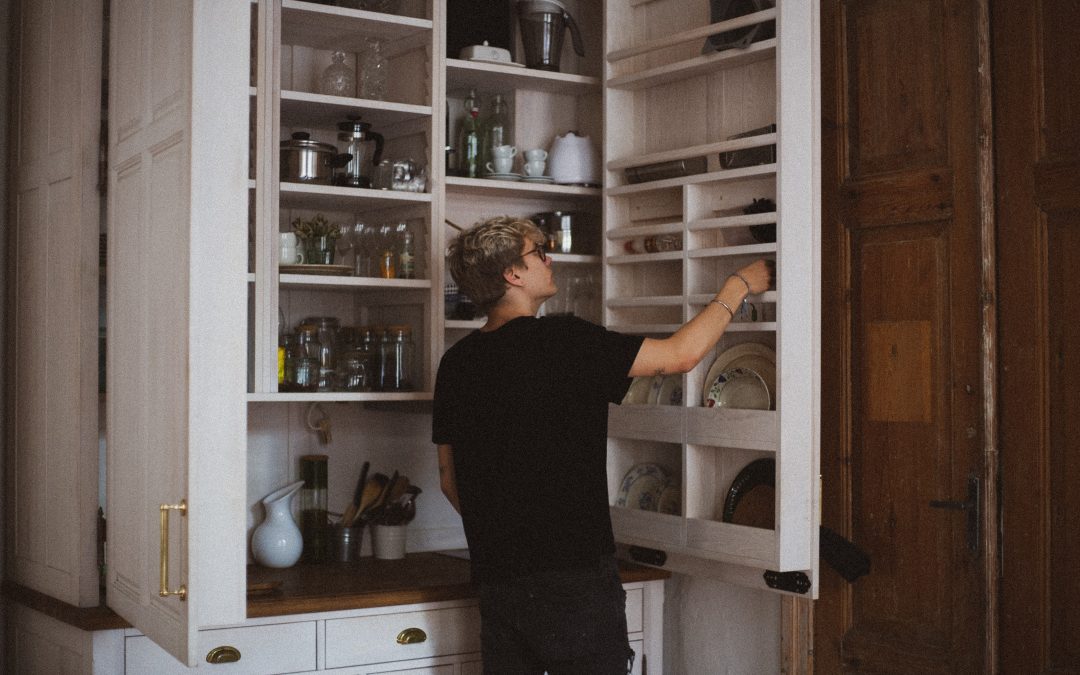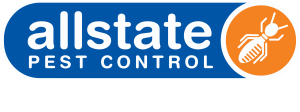
Keeping your home pest-free while you’re away
KEEPING YOUR HOME PEST-FREE WHILE YOU’RE AWAY
What questions will this article answer?
Proper food storage
Keep food items covered and stored in tightly sealed containers.
Practice proper waste disposal
Empty your rubbish bins before you leave and store waste in tightly sealed bags in bins with well-fitted lids.
Keeping your house clean
Regularly sweep, mop and vacuum floors, wipe and disinfect dining and food preparation areas and declutter regularly.
Regular yard maintenance
Keep lawns mowed, trim bushes and tree branches, remove piles of vegetation and dispose of fallen fruit and vegetables.
Remove sources of moisture
Fix leaking taps, pipes and drains and do not leave out pet bowls, or bird baths or keep ponds.
Sealing off all entry points
Install mesh screens, identify and fill gaps, cracks and holes with waterproof sealants, cover vents and fix loose roof tiles.
DIY pest prevention
Consider purchasing aerosol pesticide sprays and bait stations, leaving moth balls in your closet, as well as homemade sprays.
Professional pest control
At Allstate, we use a combination of aerosol sprays, fumigation and fogging, control dust, traps and baiting stations, and more.
Choose Allstate for reliable and long-lasting summer pest control
We’re available 24/7 for urgent callouts and effective pest prevention advice to all suburbs of Adelaide.
Tip 1: Proper food storage
Hungry pests are expert scavengers, possessing many finely tuned sensors which can detect food from farther away than you’d think!
For this reason, we recommend keeping your dry food items covered and stored in tightly sealed containers in your pantry. This includes pet food, chicken and bird feed.
For more perishable food, consider storing it in the freezer to avoid it spoiling in the fridge while you’re away.
Tip 2: Practice proper waste disposal
With many pests such as blowflies attracted to rotting waste to feed and lay eggs, it won’t take long for an outbreak to happen if you’re away on holidays.
That’s why it’s important to empty your rubbish bins before you head off. Keep waste in tightly sealed bags in bins with well-fitted lids. It’s important to ensure that all compost is properly covered, and not left on the ground for easy access.
Tip 3: Keep your house clean
Pests such as cockroaches are attracted to food spills, crumbs and grease, so make sure to wipe these away from your kitchen, food preparation areas, dining surfaces and floors, and disinfect as soon as possible. This includes outdoor dining areas and barbecues.
Remember to wipe down your sink and cooktop, and wash used dishes and cutlery immediately after use. Don’t forget to keep cupboards, shelves, the oven, dishwasher, fridge and other kitchen appliances clean as well.
Decluttering your home regularly, especially less frequently used rooms, is also effective in reducing the number of available hiding spots for pests to nest and lay eggs.
Regularly sweeping, vacuuming, mopping your floors can clear away eggs and larvae. Take care to check behind and underneath furniture as well. Steam cleaning curtains and fabric furniture and linen can sterilise eggs and larvae due to the higher temperatures.
Don’t let pests ruin your holiday plans. Get fast advice today.
 or
or
Tip 4: Regular yard maintenance
Reducing attractants to your yard, access points to your home and hiding spots for pests can make a big difference to the number of uninvited guests that come over while you’re away. Here’s some of our suggestions to cultivating a pest-free yard:
- Remove piles of vegetation, including nesting material such as loose leaves and twigs
- Mow your lawns regularly
- Keep bushes, shrubs and overhanging tree branches trimmed away from your roof and walls to limit the number of access points to your home
- Remove pet waste, fallen fruit, vegetables and nuts
- Store piles of wood away from your home and above the ground if possible
- Remove visible spider webs from trees, pot plants and around pipes
- Remove nesting material from your roof and gutters
- Cover outdoor furniture, equipment and shoes
- Make sure that pet food, bird and chicken feed is tightly stored away
Tip 5: Remove sources of moisture
Just like people, pests need water to survive, and many of them thrive in areas with high moisture. That’s why it’s important to identify and remove sources of water, such as water bowls, bird baths and ponds and check that pot plants have adequate drainage.
Fix leaking plumbing outlets including taps, drains and pipes as soon as possible, and check that laundry and kitchen appliances are not leaking.
Tip 6: Sealing off all entry points
With the ability to squeeze through the smallest and most unlikely spaces, clever pests can easily enter your home if left unchecked. The key is to regularly inspect your home for potential access points and seal them off promptly. Here’s what we recommend to deny nuisance pests an easy passage inside your home:
- Install fly or mesh screens over vents, windows and doors
- Fit weather strips around windows and doors
- Cover gaps underneath doors with draught excluders
- Inspect your home for gaps, cracks, crevices and holes and fill them with caulk, putty, expanding foam, silicone or other appropriate waterproof sealants
- Inspect your roof for loose tiles and repair them
- Seal off vents with tough, fine mesh
- Install chimney grates or caps
Avoid coming home to an unexpected pest outbreak. Speak to Allstate today.
 or
or
Tip 7: DIY pest prevention
If you’re proactive about deterring pests around your home, you’ll be far less likely to experience an outbreak. Here’s some of our favourite simple DIY techniques:
- Aerosol pesticide sprays are a popular spot treatment for pests that are readily available from hardware stores and supermarkets
- Sprinkling diatomaceous earth around the perimeter of your home can deter crawling insects
- Bait stations which target different types of pests can also be purchased from hardware stores
- Mothballs offer long-lasting protection against fabric pests in your wardrobe and linen cupboard
- Homemade sprays made from a mixture using natural household items such as vinegar, essential oil and spices can be effective at keeping pests away
Tip 8: Professional pest control
If you’re finding yourself being plagued by pests despite your best DIY efforts, it’s time to call in the experts. At Allstate, our licensed pest technicians receive ongoing training to quickly detect and effectively manage pest outbreaks in the safest way possible.
We’ll identify the source of the infestation, then apply a deep understanding of pest behaviour and select the best targeted, family and pet-safe physical and chemical treatments. These include:
- Aerosol sprays, fumigation and fogging
- Control dust
- Traps and baiting stations
We also offer a range of pest prevention services designed to safeguard against potential future outbreaks:
Solar panel cleaning and proofing
Providing a safe, warm place for pest birds to nest underneath, solar panels are a common source of many pest bird outbreaks. You can protect your solar panels with Allstate’s solar panel proofing and cleaning service.
Property maintenance services
If you’ve had a previous pest outbreak, it’s important to clean up the mess left behind to avoid re-attracting pests to your home. At Allstate, we can refresh your home and yard with our comprehensive property cleaning and maintenance services before you travel, ensuring that you can return to a sparkling clean, pest-free home.
Choose Allstate for reliable and long-lasting summer pest control
Since 1986, we’ve successfully managed pests in residential, commercial and industrial settings across all suburbs of Adelaide. Available 24/7 for urgent enquiries, our highly trained pest technicians use modern pest detection equipment and innovative treatments which are nontoxic towards pets, children and the environment.
With competitive warranties and payment plan options on all our services, you can look forward to returning to a pest-free home after your next summer holiday adventure.




